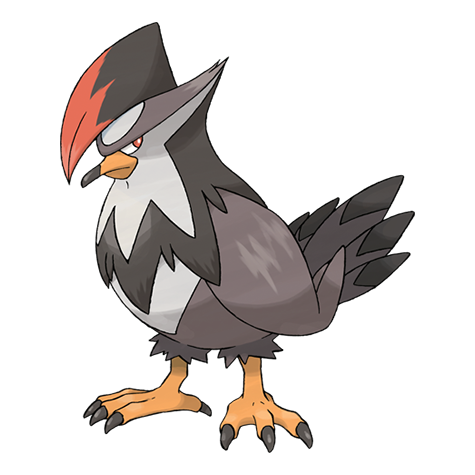I heard something to do with Nitrogen and …cow farts(?) I am really unsure of this and would like to learn more.
Answer -
4 Parts
- Ethical reason for consuming animals
- Methane produced by cows are a harmful greenhouse gas which is contributing to our current climate crisis
- Health Reasons - there is convincing evidence that processed meats cause cancer
- it takes a lot more calories of plant food to produce the calories we would consume from the meat.
Details about the answers are in the comments


When I say concrete meaning I mean that sentience is an abstract concept of which we can observe evidence of, but we cannot define clearly what it is. In the report you mentioned, you will see that they give 8 criteria for scientific evidence of sentience, i.e. these do not define what sentience is, but they are criteria that we presume sentient beings should satisfy. They even require several pages to explain the complications of how to define sentience and how to observe it.
I do admit that the extent of study on sentience of animals is greater than I initially thought, and I can see that one might have reasonably sufficient knowledge to judge, with some certainty, which life organism might be sentient (under definitions such as the one used in the report). But it seems to me nearly all animals fall under this umbrella of “some level of sentience”, I found this paper highlighting that many insects seem to have cognitive abilities, and might be capable of feeling harm. So to what extent must this go, can you not swat a mosquito in fear of its suffering?
But a rock is not alive, there is no evolutionary force driving its interest, as with all other living organisms. A sea cucumber has no proper nervous system (as I understand from a quick search), and thus could not “feel” pain. Yet, if you cut one in half, I would say that you have harmed it. But this is really just discussing the semantics of the word “harm”, the real point is that you are doing something to the organism that goes against its natural interests.
Yes they do, speciesism. A quite natural reason.
Swatting a mosquito generally doesn’t induce suffering, if it’s done quickly. And since they are not social animals other mosquito probably won’t suffer from the loss.
But yes, if an animal is probably sentient you should avoid inflicting pain to it, for the same reason you should avoid inflicting pain to humans: because they can suffer.
Indeed, but going against natural interests or not is not the point. The point is about suffering. And more specifically the fact that the amount of suffering we inflict to animals to eat their meat would be inacceptable if it was done to humans.
That’s like saying people have a good reason to beat people who don’t look like them: racism.
This is like saying it is okay to kill a lonely person with no friends and family, as long as it is an instant death.
I don’t agree with you that suffering is the single center concept to base your moral judgement on these issues. Not all living things that i care about are able to suffer, and I do not care about all living things that do suffer. I do not care that i cause a mosquito suffering by killing it (wounding it), if it is sucking my blood, or even just being annoying when flying around me, because I value my comfort above its existence (and suffering). I expect you do the same? This is speciesism.
Except we both agree that racism is wrong. We do not both agree that speciesism is wrong.
No, it is more like saying it doesn’t cause suffering, which is true. Whether it’s ok or not is another matter, but some could argue can be.
I didn’t say suffering is the single center concept to base moral judgment on, although some moral philosophers argue it is (negative utilitarians). But suffering is the main problem with speciesism: we accept much more suffering on non-human animals than we do on on humans, for no good reason.
If you care about things that cannot suffer, then you do not care for their well being, since they can’t experience well being. It may be a semantic problem here, because I thought caring was about the other’s well being.
Anyway what you do care about is not really relevant unless you consider we should just follow our instinctive morality. What I was discussing is what we should care about.
No, I would avoid causing suffering to the mosquito (for example by moving it our of the room or protecting myself). And if killing it is the only practical way to make it stop being an unacceptable annoyance I would still try to minimize its suffering. It’s not speciesism because I would apply the same logic if it was a human or any other species.
And yet speciesism is very similar to racism. It’s the same mechanism. Racism is a discrimination on irrelevant characteristics like skin color, and speciesism is a discrimination on irrelevant characteristics like cognitive ability, cuteness, ability to talk, etc.
In both cases these characteristics are irrelevant when we try to decide whether we can cause suffering to these beings. The only relevant characteristic is whether they can suffer.